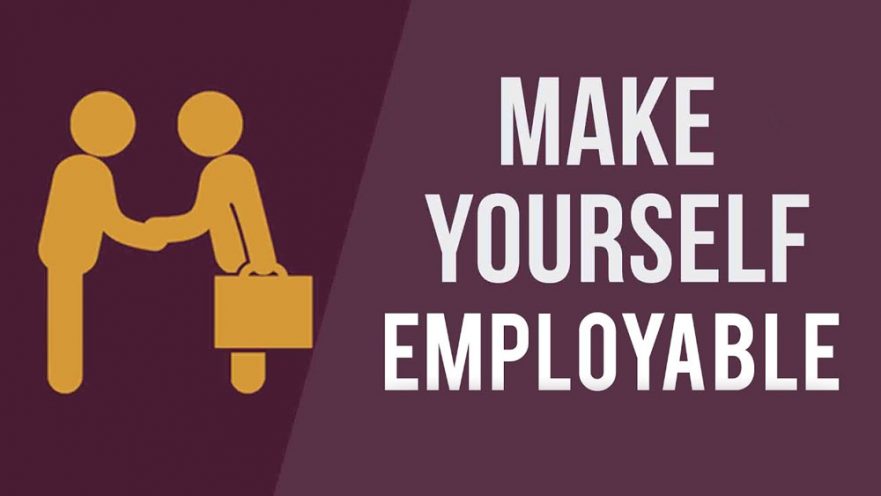Whilst the demand for engineers is increasing, qualifications alone are not sufficient to secure positions at top employers. Employers are looking for a specific set of skills. When applying for roles, think carefully about how you demonstrate the skills you have developed during your time at the academy and in particular during work experience placements.
Technical Aptitude
Engineering and technology go hand in hand, so it’s essential that an engineering candidate is on top of the latest technology and actively encourages it. Demonstrating technical skills will put you ahead in a competitive market, and whether this is the latest CAD design skills or computer modelling software, make sure you can show your potential employer how this technical aptitude will benefit them and their clients.
Communication Skills
While this may not be the first skill that springs to mind when thinking about sought-after engineering skills, it’s imperative that engineers are able to communicate with their colleagues and clients effectively. Communicating concisely with your colleagues and clients alike is critical and remember not everyone in a project will have the same technical expertise, so know when to remove the jargon! Finding new opportunities to communicate with clients or team members and reflecting on past experiences will gradually build your communications skills. Also, summarising your relevant experience and education at the top of your resume or cover letter will show an employer that you can communicate concisely.
Management & Leadership Skills
Being able to respond strategically and lead and manage a team in the engineering sector is crucial, and often necessary to progress to the next stage in your career. Employers need to see that you have the capability and skills required to manage inter-disciplinary teams and stakeholders and delegate complex tasks.
Interpersonal Skills
You can have an abundance of technical skills, but having the ability and interpersonal skills to work collaboratively as part of a team is invaluable to potential employers. Engineering projects will almost always involve a broader group, so a combination of skills such as encouraging trust, verbal communication, appropriate body language and practical problem solving can bring together a team of people from all different areas. Practice makes perfect in this case and outlining examples of your experience will communicate your value and interpersonal skills to your future employers.
Critical and Creative Thinking
Critical and creative thinking is a skill that all top engineers should practise. As an engineer, you will inevitably be required to solve unexpected problems and think outside the box, often at a moment’s notice. Applying technical knowledge and creative thinking is key to providing innovative engineering solutions. Not the creative type? Creative thinking isn’t just restricted to the arts. Designing a new computer model, brainstorming alternative solutions to an unforeseen issue and using strategy to increase efficiency in a project are all examples of creative and critical thinking in engineering. Developing your technical abilities through short courses will allow you to apply practical solutions to a problem and taking the time to evaluate evidence and question basic assumptions will allow you to think critically and creatively.


